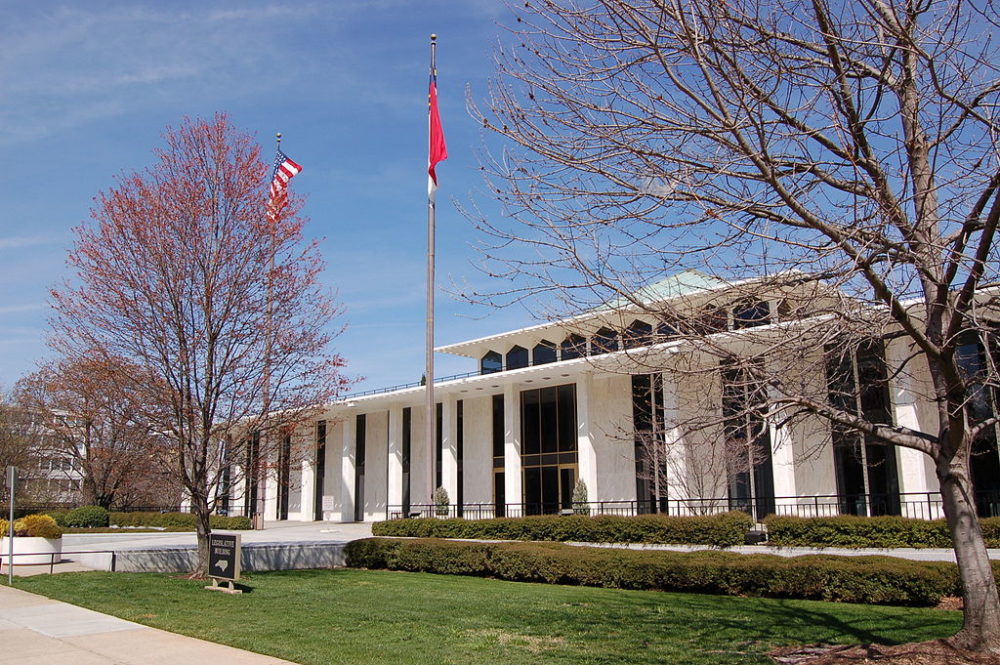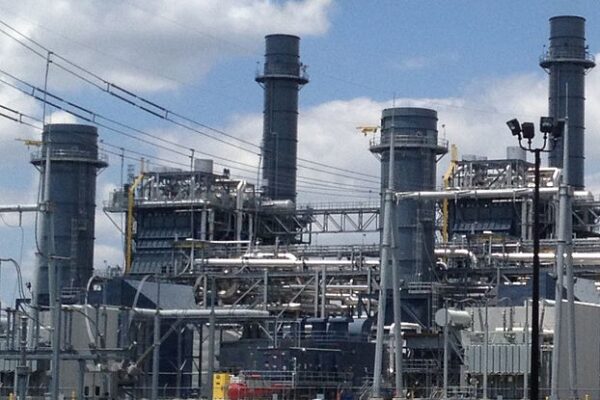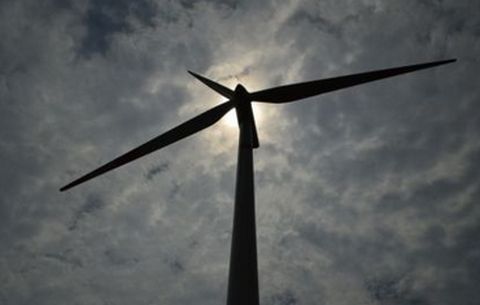By: Elizabeth Ouzts, Energy News Network
July 24, 2019
The proposal would allow state regulators to approve multiyear rate increases based on projected spending.
A controversial North Carolina bill to allow regulators to approve multiyear rate increases for Duke Energy is stalled in the Republican-controlled General Assembly.
Authored by leaders of both parties, Senate Bill 559 cleared the Senate in May and looked poised for passage by the House of Representatives earlier this month. But it was pulled from the full House calendar July 10, reassigned to committee the following week, and hasn’t been debated or discussed since.
The maneuvers are a strong sign the proposal doesn’t have the votes to pass the full House — at least as it’s written now. “There doesn’t appear to be the appetite to pass the bill in its current form,” said Rep. Pricey Harrison, an eight-term Democrat from Greensboro who opposes the measure.
SB 559 has drawn fire from a bipartisan group of lawmakers and a wide array of interest groups, who say it gives the utility a pass on comprehensive ratemaking reform and could allow the Fortune 500 company to earn hundreds of millions of dollars in excess profits.
Still, Duke maintains it’s working to convince lawmakers to adopt the legislation. The chairperson of the powerful House rules committee, Republican David Lewis of Harnett County, said in a statement that he and other sponsors remain “steadfast in our efforts to ensure the important customer benefits of SB 559 … become law.”
And with Republican lawmakers currently locked in battle with the Democratic governor over the state budget, there’s a chance Lewis and other legislative leaders will refocus on SB 559 after the logjam breaks. The bill’s opponents remain vigilant. “Anything is possible,” said Peter Ledford, general counsel for the North Carolina Sustainable Energy Association.
‘Not a supporter of the bill in its current form’
The North Carolina Utilities Commission, a seven-member panel appointed by the governor, sets electric rates for Duke and Virginia-based Dominion Energy. A per-kilowatt-hour price and a minimum monthly fee are designed to cover debt the utilities have already incurred building new power plants or acquiring other assets, plus a rate of return.
SB 559 would give the commission two new tools to allow Duke to recoup expenses. Section 1 would permit bonds to be backed by ratepayers to pay for storm-related repairs, estimated at $571 million. This section has drawn almost no opposition, though some clean energy advocates have suggested expanding it to include early retirement of coal plants.
Section 2 would allow multiyear, annual rate increases for forward-looking costs like Duke’s grid improvement plan — originally a widely panned, $13 billion, 10-year blueprint that has since been pared back.
That grid plan notwithstanding, advocates say multiyear rate increases aren’t inherently bad for clean energy. Many industry experts say such schemes — if tied to certain benchmarks — can spur regulated utilities to innovate, forcing them to focus on the future rather than justifying to regulators assets they acquired in the past.
But critics point out that SB 559 doesn’t contain such performance-based ratemaking reforms. It also doesn’t authorize “decoupling” utility profits from the amount of electricity they sell or shaking up the utility’s vertical integration, two steps experts say could align the company’s profit motive with advancing renewable energy.
Section 2 also authorizes Duke to profit within a range rather than at a fixed percentage, potentially allowing the company to earn over $100 million in excess profits per year, according to the North Carolina Sustainable Energy Association.
A House amendment requires the utility to reinvest some extra earnings on projects benefiting low-income customers. But that’s done little to appease opponents, who point out the utility could profit on the investments by putting them back into the rate base.
“It allows utilities to pay out their over-earnings to shareholders and then reinvest an equivalent amount into the rate base,” Ledford said. “It is disingenuous.”
A House provision lowering the maximum period for rate increases from five years to three also failed to win over skeptics. “I’m not a supporter of the bill in its current form,” even after the House amendments, said Rep. John Szoka, a Republican from Fayetteville. He added, “I think that it’s not in the best interest of ratepayers.”
Many SB 559 opponents say Section 2 should be converted to a study to allow clean energy experts, customer groups and utilities to examine a range of ratemaking reforms. Rep. Larry Strickland, a Republican from Johnston County, had prepared to offer an amendment on the House Floor to do just that.
“It’s important that we take a closer look when dealing with issues such as these, and make sure that all stakeholders are at the table,” Strickland said in an email. “This way, we can find a solution that benefits all citizens of North Carolina.”
The amendment was never voted on because the bill was pulled, but Rep. Harrison believes it’s a popular idea among her colleagues. “There seems to be a lot of support for turning Section 2 into a study,” she said, “which is what should be done, because it’s a complex issue that most of us members don’t understand.”
‘I don’t know what they’re thinking’
Soon after the full House declined to vote on SB 559, on July 11, rules committee chair Lewis issued a statement many speculated was designed to reassure Duke shareholders.
“My primary focus at this time is directed to addressing the budget stalemate with the governor,” Lewis said in the statement. But, he continued, he and other cosponsors remain committed to enacting SB 559’s provisions into law. “As our state continues the transition to cleaner and more renewable energy sources, it is imperative that multi-year and multi-party rate planning is a resource.”
Under the House rules, a bill can only be temporarily displaced from the calendar for a certain number of days until it must be re-referred to committee. SB 559 was sent back to the rules committee on July 16 — and there’s been little public talk of it since.
Lewis’s office didn’t respond to multiple requests for comment on this article. Szoka, co-chair of the House Energy and Public Utilities Committee, says he hasn’t heard from Duke for several weeks about potential negotiations. “So,” he said, “I don’t know what they’re thinking.”
Asked if Duke was considering changes to SB 559 — or if it was still trying to line up votes for the current version — company spokesperson Grace Rountree declined to answer directly. Instead she pointed to Lewis’s statement, adding, “We remain committed to working with sponsors to bring the benefits of Senate Bill 559 to fruition for our customers and state.”






